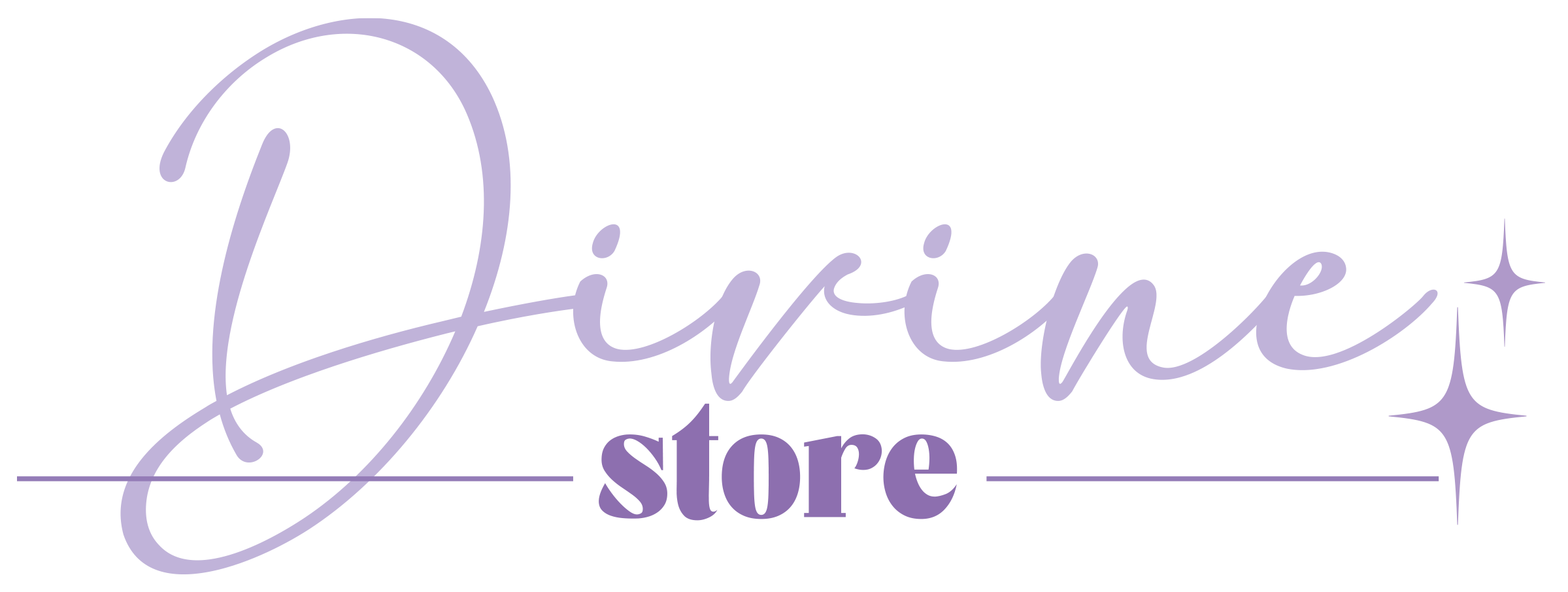Content
Those with disrupted sleep should consider reducing alcohol consumption and people in this age group, particularly men, should be discouraged from using alcohol as a sleep aid. It is well recognized that sleep problems have a significant impact on quality of life with increased morbidity and mortality seen alcohol insomnia in population studies3. Identifying people at risk of sleep disturbances as a result of their drinking may have important public health benefits. Our finding that those who have trouble falling asleep were more likely to be persistent heavy drinking suggests that they may be using alcohol as a sedative.
Future studies should address the optimal screening questions for insomnia among alcoholic patients. Records were masked to remove identifying information so that scorers were blind to diagnostic and treatment status, then manually scored using 1-min epochs (19). Slow wave sleep (SWS) was calculated by adding the times spent in stage 3 and stage 4 sleep.
The Best Foods To Help You Sleep
Ultimately, no two cases of insomnia are the same, and no treatment plan is right for everyone. Anyone experiencing insomnia should speak with a doctor to learn more about what treatments may work best for them. An uncomfortable sleep environment can make getting a good night’s rest challenging. Your daily habits and environment can significantly impact the quality of your sleep.
- Typically, insomnia develops as a result of anxiety, depression, illness, medications, and bad sleep habits.
- The apparently delayed melatonin rhythms are in contrast to the single study
showing evidence of an advanced body temperature rhythm early in withdrawal (Kodama et al. 1988), although this was more pronounced in
alcoholics with comorbid depression. - A mismatch between the normally synergistic circadian and homeostatic mechanisms may also lead to circadian rhythm sleep disorders.
- The percentage of subjects scoring positive on each of the eight insomnia-related SDQ questions appear in Table 1.
- In doses mimicking heavy drinking, alcohol may initially improve sleep continuity during the first half of the night.
- Slow wave sleep is decreased early in recovery and gradually normalizes over time and around 2 years of sobriety (Williams and Rundell, 1981, Imatoh et al., 1986, Drummond et al., 1998).
In brief, this model posits that sleep is a function of two independent mechanisms, namely homeostatic sleep drive and circadian rhythmicity. A mismatch between the normally synergistic circadian and homeostatic mechanisms may also lead to circadian rhythm sleep disorders. But even if you thud into dreamland, there’s a good chance that too much alcohol will mean a fitful night of sleep. That’s because alcohol disrupts what’s known as your sleep architecture, the normal phases of deeper and lighter sleep we go through every night.
Alcohol and Insomnia: Definition, Statistics and Risks
While you may still experience effects of alcohol on your sleep, this buffer time may improve their severity. If you want to understand why alcohol has a contradictory effect on your sleep cycle, it can help to think about things in terms of sleep stages. Drinking alcohol reduces your sleep onset latency https://ecosoberhouse.com/ (SOL), or the amount of time it takes to fall asleep. This can seem like a good thing at first, but it doesn’t paint the whole picture of what happens to your body throughout the night. Alcohol is highly effective at suppressing melatonin, a key facilitator of sleep and regulator of sleep-wake cycles.

There is a higher prevalence of insomnia in people with ADHD and AUD, but consuming alcohol to manage insomnia generally worsens sleeplessness. Statistics show that 5.3 percent of all people 12 and older in the U.S. have an alcohol use disorder.12 And many others might deal with problematic drinking, but fall into the gray area. All this is to say that “just quitting” isn’t always easy, even when alcohol use harms your sleep and well-being. The good news is that these sleep disruptions are temporary, and any insomnia you experience will likely resolve as you persevere through recovery.
Why Intermittent Fasting Can Lead to Better Sleep
This can exacerbate OSA symptoms and lead to disruptive breathing episodes, as well as heavier snoring. Additionally, consuming just one serving of alcohol before bed can lead to symptoms of OSA and heavy snoring, even for people who have not been diagnosed with sleep apnea. The baseline evaluation consisted of a complete medical history, physical examination, psychiatric interview, substance use history, psychosocial history, and a sleep evaluation. Seventy-four (43%) of the original 172 subjects completed follow-up interviews either by telephone or in person, a mean of five months after baseline. Research assistants, who were blind to the results of subjects’ sleep evaluations, conducted the follow-up interviews to assess whether subjects reported any alcohol use during the interim period, defined as a relapse for the purpose of this study. You may be wondering what it is about alcohol that makes you feel sleepy, especially if you’re also experiencing adverse symptoms of insomnia.
- At the 6-month follow-up, subjects with AD who relapsed had significantly higher PLMI and PLMI with arousals, than those who did not.
- Researchers discourage older adults — particularly men — from using alcohol as a sleep aid.
- But in the second half of the night, it may lead to fragmented sleep (more awakenings).
- 2020 research suggests that alcohol impacts the part of sleep known as rapid eye movement (REM).
- The protocol for this study was approved by the University of Michigan Medical Center Institutional Review Board.


